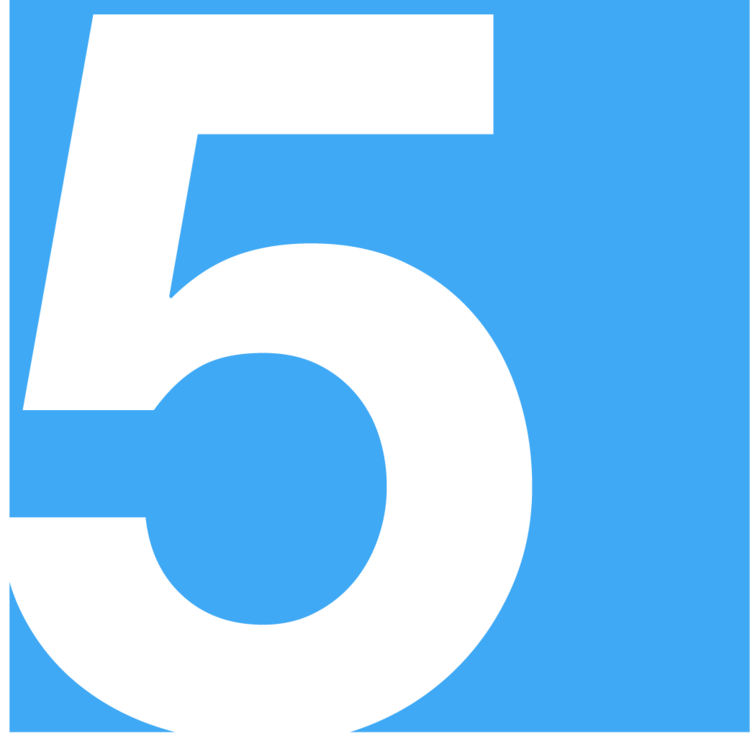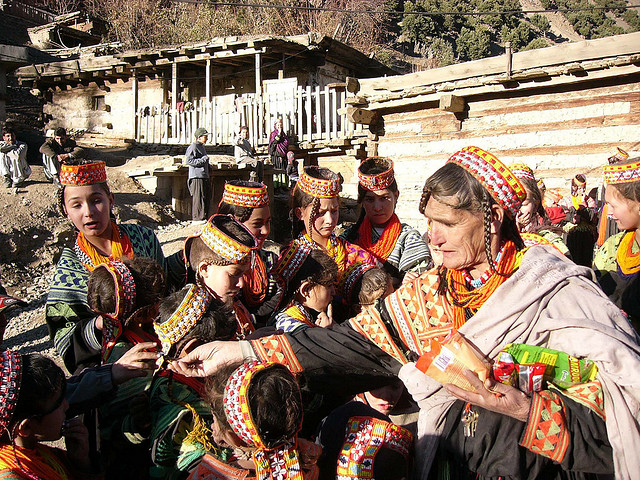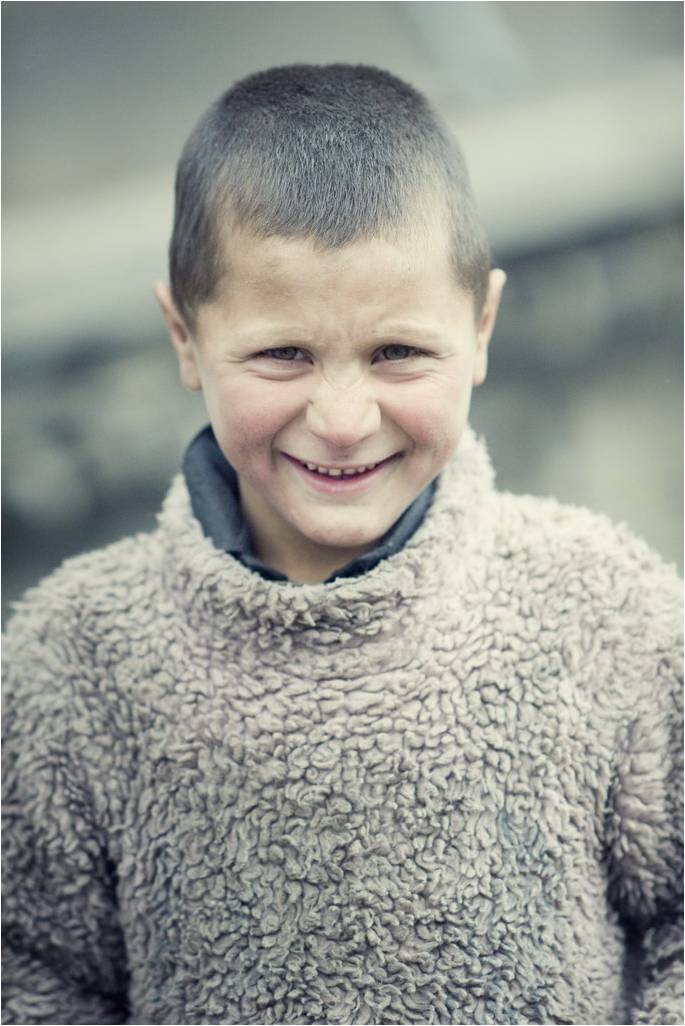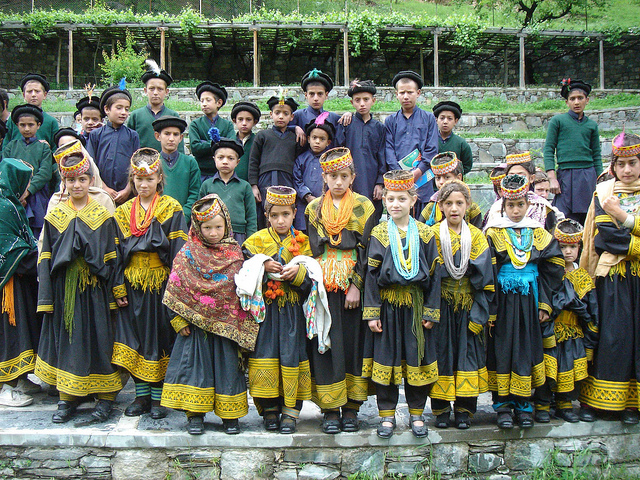Learning language is something that every single one of has done. Learning many languages seems like an insurmountable task for many of us. Here, in The Loom of Language, Frederick Bodmer give a practical and exciting approach to learning many languages.
Book of the Day — The World's Major Languages
"From English, French, Spanish and Russian to Pashto, Tagalog, and Swahili, this is the first comprehensive reference work to provide detailed information about the world's forty major languages. " The World's Major Languages by Bernard Comrie.
Ideas, Art, Aesthetics - 5 Books I Love to Share
Sharing books you love with people you like/love/admire/appreciate is one of the most delicious things. You walk around with a shared interior room. You establish an invisible tribe of the heart and head. So, I like/love/admire/appreciate you. Here are the books about ideas, art, aesthetics I want to share with you.
If you want to share with me yours I would be so grateful.
Languages of Art
by Nelson Goodman
I got this book referred to me by a professor of ancient Chinese calligraphy ( a bit about that experience). It is cerebral and lovely and trusts the reader immensely with discussions of the invisible, the dynamic, the hidden flows that make art move the way it does.
Kant and the Platypus
by Umberto Eco
With a playful approach Eco gets me to a thoughtful reckoning of the heavy cognitive burden that language bears.
I have actually bought copies of this book and sent them to friends because I wanted to talk with them about it.
Twentieth Century Pleasures
by Robert Hass
With a wide range of subjects (from the image/thought of haiku, to contemplations of Tranströmer and Checkov) poet Robert Hass writes clearly and generously about the poetry he has found resources in.
The Language Instinct
by Steven Pinker
Very much interested in the way we learn and develop language and the way that language overruns the rules we think define it, Pinker puts forth the notion that language isn't a cultural artefact, isn't an invention that set our societies off from their pre-linguistic past through its instrumentality, but instead that language is an inbuilt biological activity that has shaped our evolution as it evolved beside us.
In Praise of Shadows
by Junichiro Tanizaki
The way we approach beauty, the things we allow it to say about us, the way it contributes to the moment-to-moment experience of living, this is what Japanese novelist Tanizaki discusses in this brief little discussion on everything from tableware to architecture to space and light.
Book of the Day: Kant and the Platypus: Essays of Language and Cognition by Umberto Eco
There are a handful of books that have been a part of my personal education, ones that I feel like I found on my own, and refer to time and again. This is one of them. There are a number of poems ( Notes Toward Identifying a Father, for example) there were, as Lucie Brock-Broido says, troubled into mind by ideas in this book.
Original Pronunciation of Shakespeare - A Short Documentary
Linguist David Crystal and his son, actor Ben Crystal explain the differences between English pronunciation now and how it was spoken 400 years ago.
3 - Vowels: The Short Film
If consonants are the bones of a sound, then vowels are the muscles. And one of the features of English that makes it such a muscular and expressive language is the relatively large array of vowels, shades of vowels available to us.
This poetic and perhaps surprisingly moving film is based on a 1945 Linguaphone instructional recording and brought to us by filmmaker and visual storyteller Temujin Doran.
4 - The Kalesh, a distinctive aboriginal tribe of Pakistan's Hindu Kush
The current cultural and ethnic distribution across Eurasia may give the appearance of inevitablity, but from the Tocharian mummies in western China (read more ) to the Central Asian Alans settling in western France, there is a much more complex and interesting story to discover.
The modern-day Kalesh are a stunning, human testemant to this complexity.









